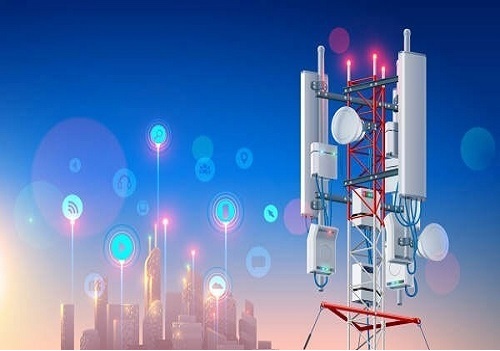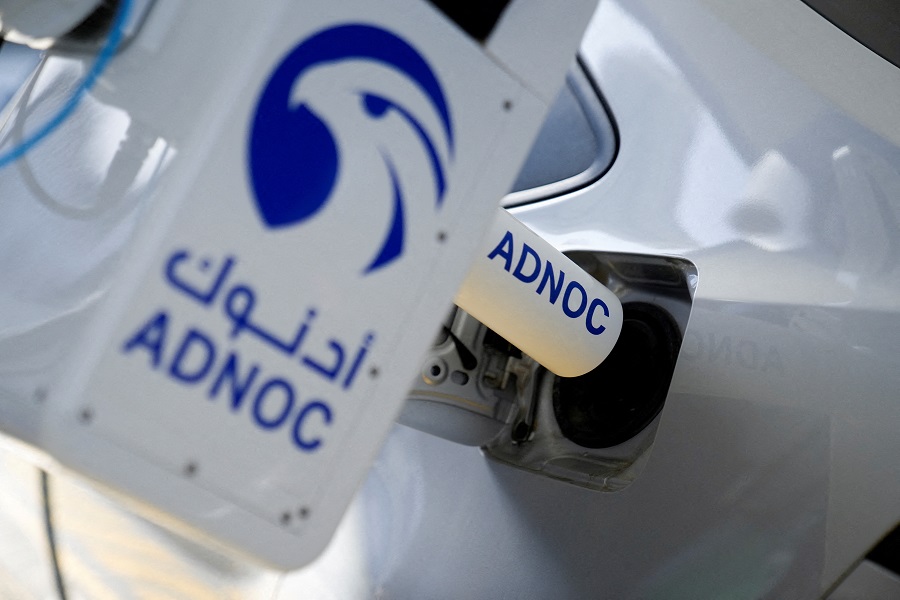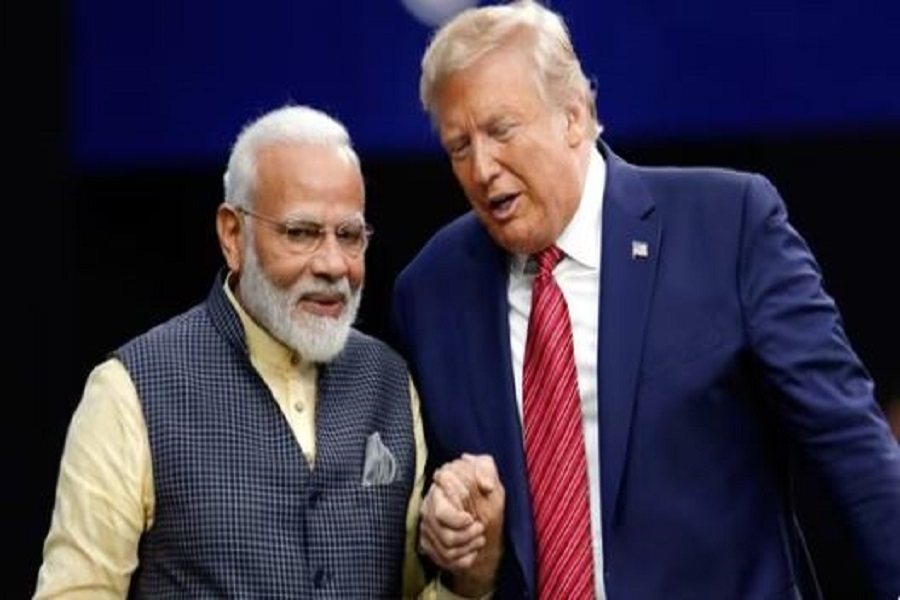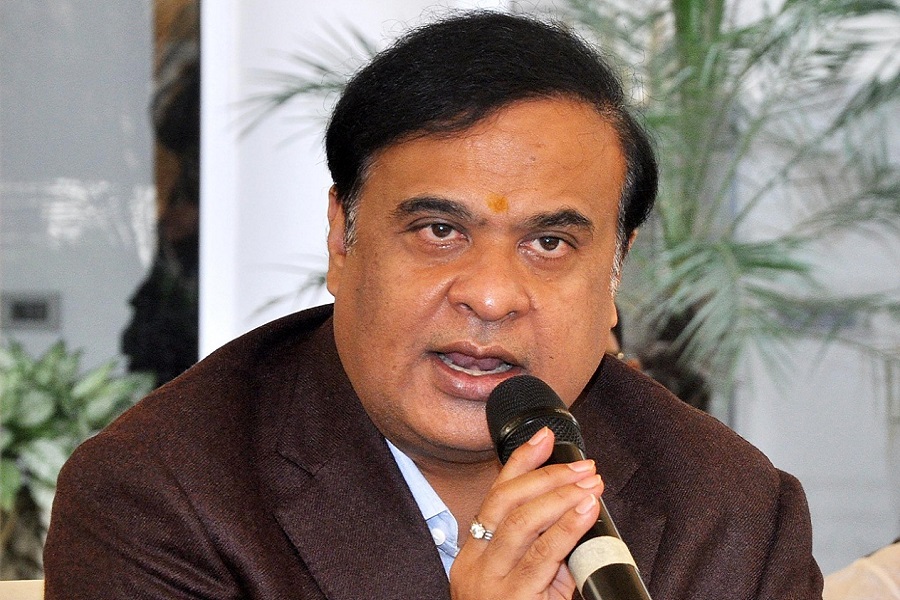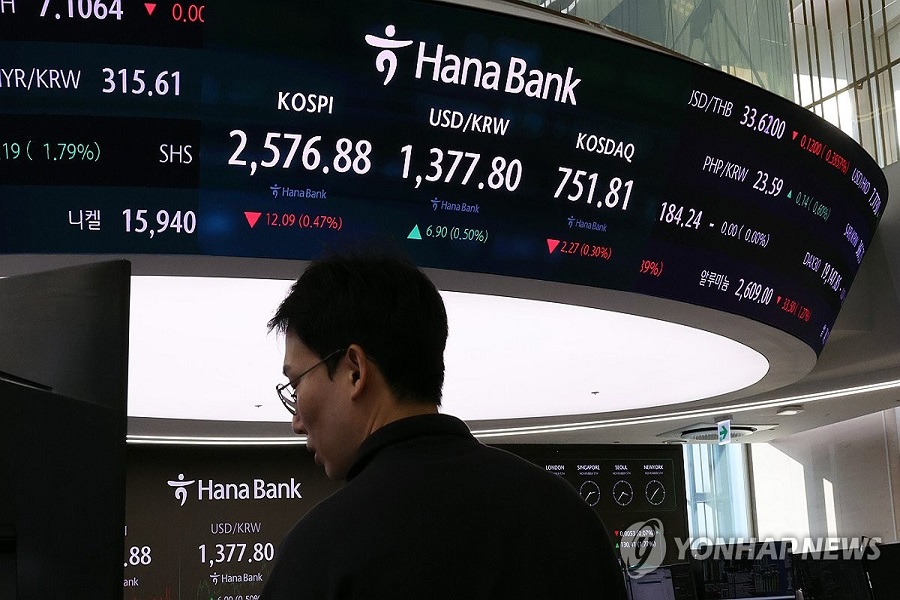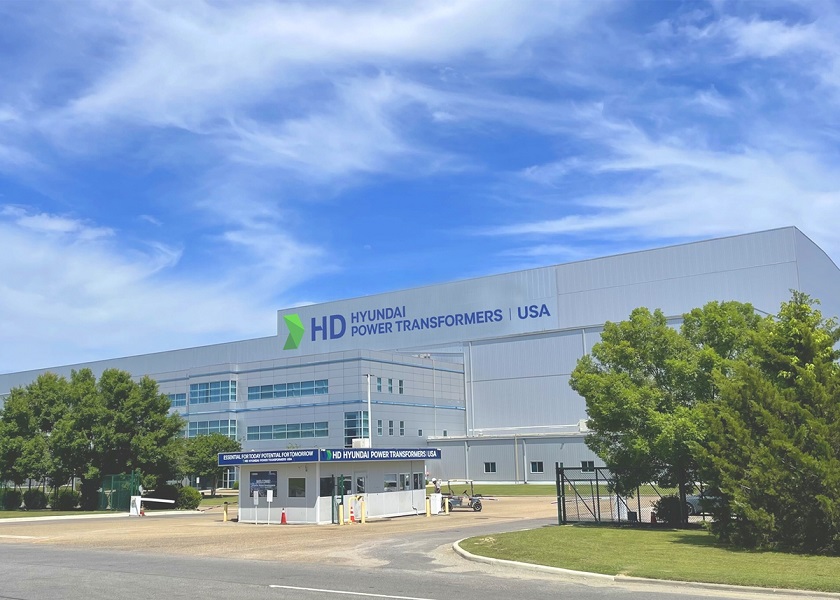LG Energy wins deals to supply EV batteries for Ford
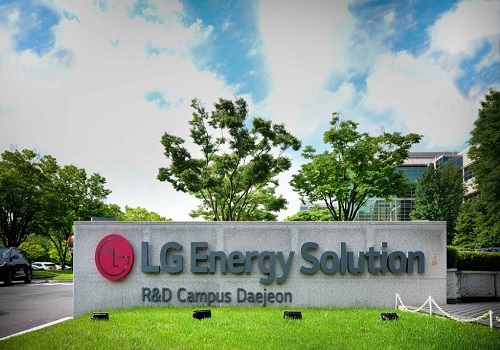
LG Energy Solution Ltd (LGES), South Korea's leading battery maker, said on Tuesday it has signed deals to supply batteries for Ford Motor’s commercial vehicles.
In two separate contracts, LGES will supply 34 GWh batteries to the US carmaker from 2026-30 and 75 Gwh batteries from 2027-32, the company said in a statement.
LGES said it plans to produce the contracted batteries at its plant in Poland starting in 2026, reports Yonhap news agency,
"The deals with Ford show LG Energy Solution's advanced technology and product quality in the all-electric commercial vehicle battery market," LGES Chief Executive Kim Dong-myung said in the statement.
The deals are estimated to be at least 13 trillion won ($9.5 billion), given battery cells' market prices last year.
The European commercial EV market is growing rapidly, with half of commercial vehicles in the region projected to be battery-powered ones in 2030, according to global research firm LMC Automotive.
LGES currently operates seven battery cell plants -- one each in South Korea, Poland, China and Indonesia, and three in the United States.
LGES recently signed a pact with a US company to strengthen the competitiveness of its EV battery management solutions. It signed a memorandum of understanding (MOU) with Analog Devices, Inc (ADI) to jointly develop a technology that could precisely measure the internal temperatures of EV battery cells.
Under the MoU, ADI will supply high-performance battery management integrated circuits (BMICs) for the LGES' EV battery management system for the next two years.
LEGS sees the global EV markets in a stagnation phase, known as the "chasm," which occurs before the widespread adoption of EVs.
The company said recently it will focus on strengthening its competitiveness as a car battery supplier despite the temporary slowdown in EV demand.





